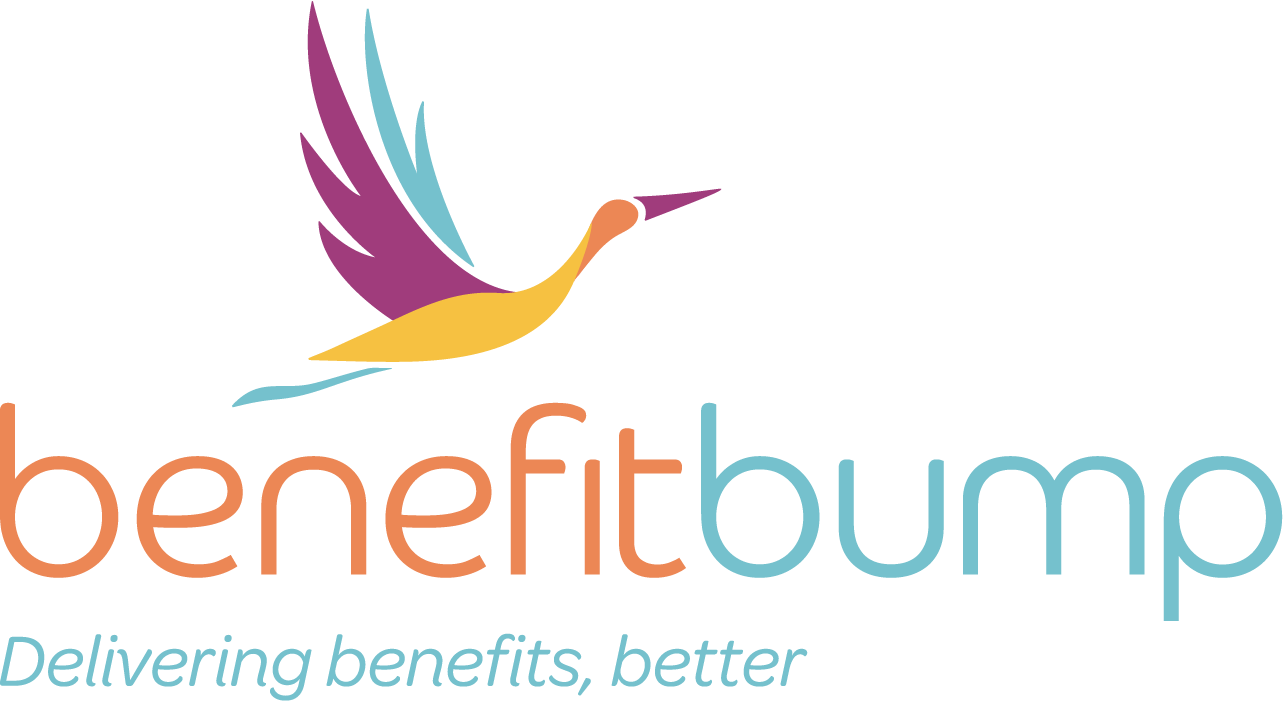Feeling Burned Out?
Longer work hours, employee shortages and increased demands at home over the last three years have pushed many employees to the point of burnout. In this article we’ll define burnout, share how to recognize the signs, and offer ways to deal with it. First, let’s define burnout. Burnout is the result of too much stress and the absence of resources to cope with it. 89% of full time U.S. employees say they have experienced occupational burnout over this past year.
Recognize the Signs of Burnout:
·Fatigue
·Feeling apathetic or dissatisfied with your work
·Headaches
·Trouble concentrating
·Changes to your diet or sleep patterns
·Irritability with coworkers or clients
If you may be suffering from burnout, here are some ways to deal with it:
Seek Support: Talking to someone at work or a friend or family member, can often help relieve stress. If you have access to an EAP program, they may be able to recommend a therapist for support. A therapist can help you find ways to cope, offer you emotional support, and can help you think about ways to approach the situation causing you burnout.
Re-evaluate Expectations with Managers: We know all of the self-care in the world will not help you if you’re dealing with unrealistic expectations at work. Have a candid conversation with your supervisor or manager about changing expectations or timelines where possible and reaching a compromise for what needs to get done and what can wait.
Strive for Work/life balance: With work-from-home more prevalent than ever, it's sometimes hard to put down the laptop in the evenings and de-stress. Transitioning between work and home life is important. Some people like to exercise or meditate after work to tell their brain they’re putting work aside now. If you don’t work from home but are still finding it hard to balance work and life, check out our recent Bump-inar about balancing the workload: Benefit Bump-inar: Balancing the (Seen & Unseen) Workload of a Two-Parent Working Household on Vimeo.
Mindfulness: A growing body of research finds that mindfulness-based stress reduction (MBSR) leads to a reduction in stress, and improvements in mood, health, self-efficacy, and self-compassion. Develop a mindfulness practice like meditating by sitting in silence, noticing your emotions with acceptance, and letting them go. There are many meditations apps available and we’ve highlighted our favorites in a blog post.
Use that Vacation Time: Sabine Sonnentag, professor of organizational psychology at the University of Mannheim in Germany, finds that the inability to detach from work comes with symptoms of burnout, which of course impact well-being and productivity. However, disengaging from work when you are not at work, she finds, makes us more resilient in the face of stress and more productive and engaged at work. Even a short weekend getaway can provide significant work-stress recovery, while longer trips away provide even more relief.

